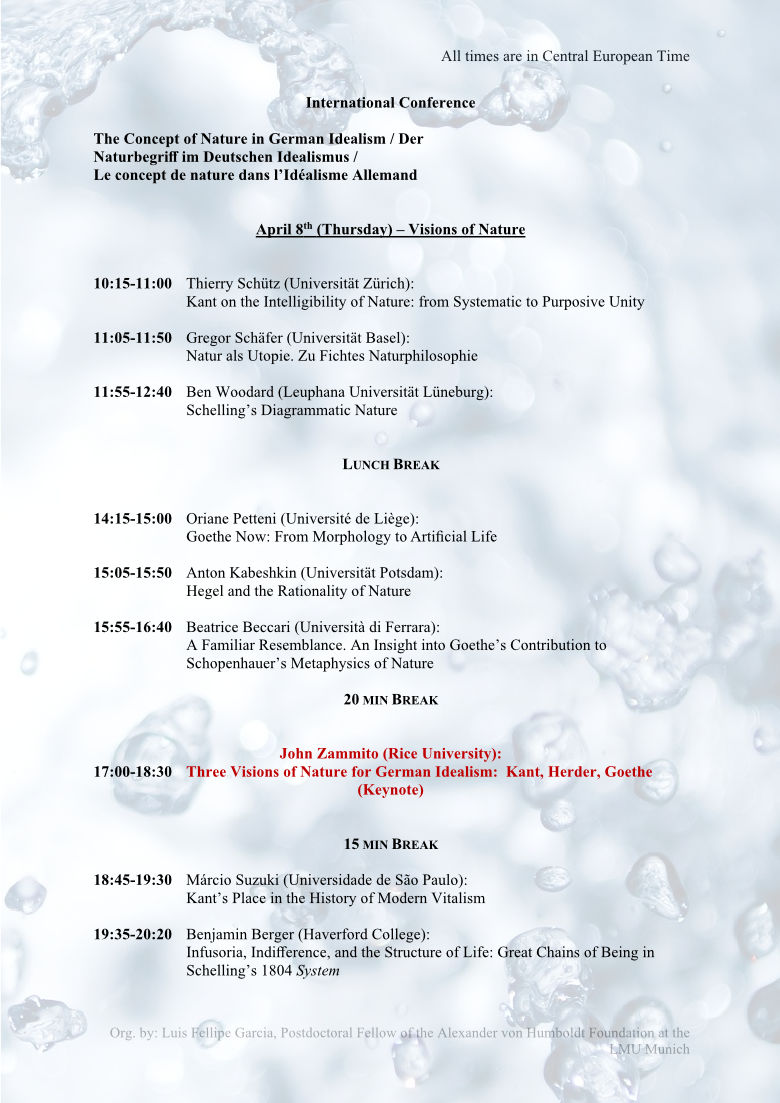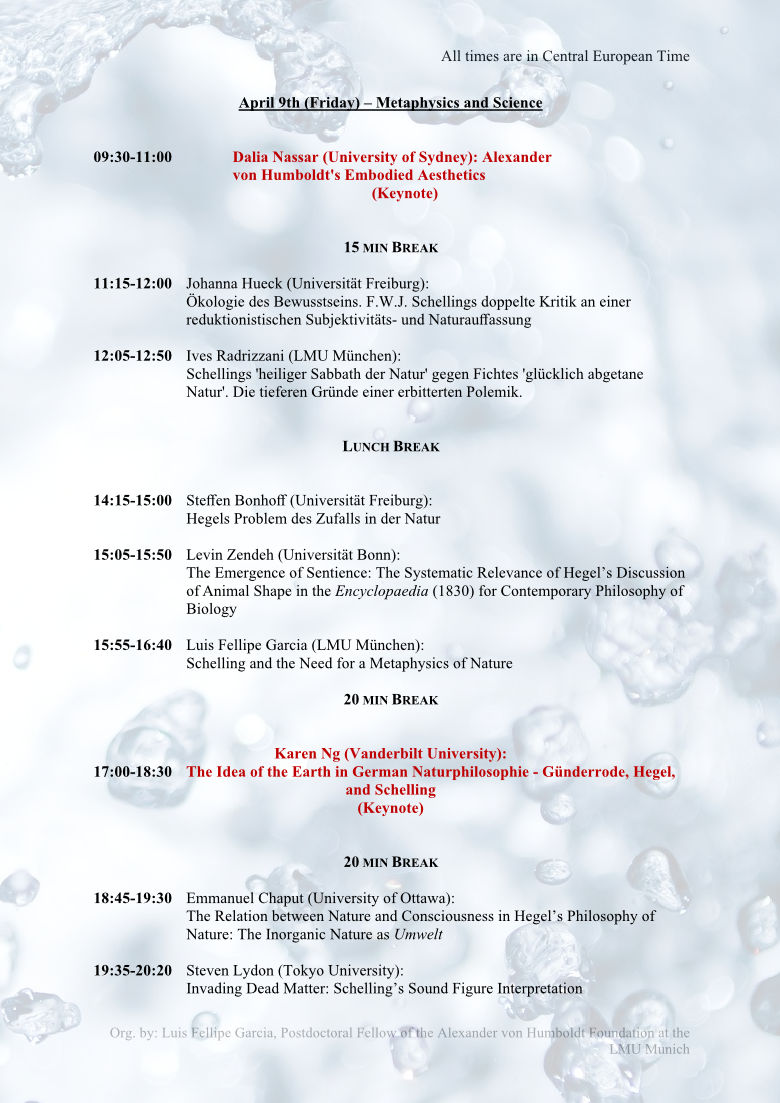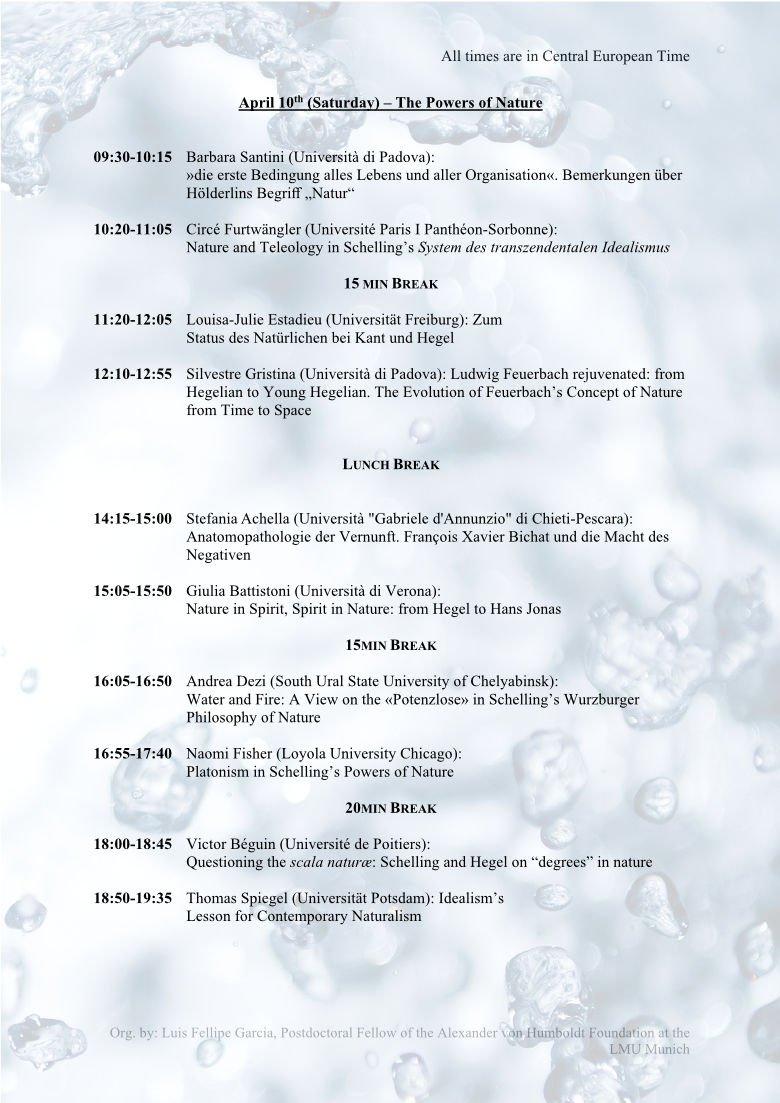Léon Kossovitch
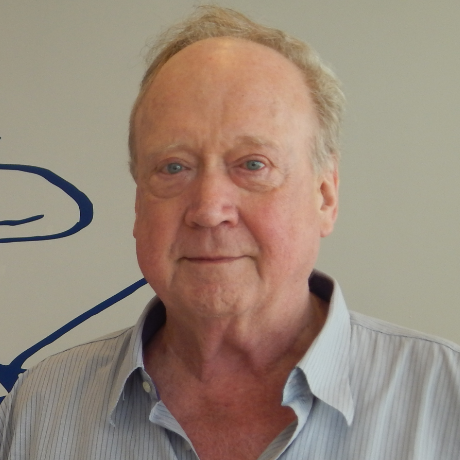
Histórico Acadêmico
- 1982 Doutorado em Filosofia pela Universidade de São Paulo
Título: Condilac Lúcido e Translúcido
Orientador: Marilena de Souza Chaui - 1970 Mestrado em Filosofia pela Universidade de São Paulo, USP, Brasil.
Título: Força e Retorno em Nietzsche
Orientador: Marilena de Souza Chauí - 1969 Graduação em Filosofia pela Universidade de São Paulo
- 1965 Graduação em Engenharia pela Escola de Engenharia do Triângulo Mineiro
Pesquisa em desenvolvimento:
Os discursos e as doutrinas no campo historiográfico das artes
Resumo: 1) Os limites cronológicos dos discursos de doutrina: entre Górgias e o século XIX, quando o idealismo e o romantismo enterram o campo preceptivo em benefício da subjetividade autônoma; 2) Não há intervalo, dito 'medieval', em que as doutrinas desfaleçam: Monge Teófilo no século XII ocidental e Monge Dionísio de Furno no campo tratadístico grego, como atualizadores exemplares dos discursos greco-romanos, dos enciclopédicos, como de Plínio o Velho, aos hagiográficos, que, tendo por referência a obra de São Jerônimo, inclui-se em âmbito discursivo da história, como se lê em Suetônio, Plutarco, etc; 3) A exterioridade oriental: a ausência de discursos no Oriente Médio, seja antes da conquista de Alexandre, seja depois, principalmente nos tempos do poder dos Partas e dos Sassânidas, cuja arte informa, enquanto designação, a arte cristã uterior, ainda presente na área oriental, da Rússia à Síria, e dominante até 1200 na Europa Ocidental; 4) Leituras de escritos que tratam das artes é exigência que reformula a ignorância da historiografia moderna dos gêneros, o que arruína a compreensão das artes. Tal ruína se atribui à subjetivação discursiva saída do idealismo alemão e dos romantismos diversos, com confirmação ulterior pelo positivismo. O que se joga nos discursos antigos nos gêneros: do humilde, que ensina artes ao epidítico com suas ecfrases do panegírico; a gama dos discursos de artes e sua diversidade interpretativa.
Carlos Alberto R. de Moura
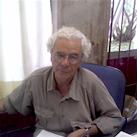
Histórico Acadêmico
- 2000 Livre-docência pela Universidade de São Paulo
Título do trabalho: Racionalidade e Crise - 2008 Pós-doutorado pela Ecole Normale Superieure de Paris, França
- 1994 Pós-doutorado peloua Université de Provence, França
- 1982 Doutorado em Filosofia pela Universidade de São Paulo
Orientação: Profa Dra Marilena de Souza Chaui
Título do trabalho: Crítica da Razão na Fenomenologia - 1972 Graduação em Filosofia pela Universidade de São Paulo
Linha de Pesquisa
História da Filosofia Contemporânea
Pesquisa em desenvolvimento
História da Filosofia
Resumo: Análise da gênese e da significação do idealismo transcendental em Husserl, através da investigação dos impasses a que era conduzida a sua crítica da razão, tal como esta se constituía na primeira filosofia do autor. .
Fenomenologia e Ontologia
Resumo: Análise da transformação da fenomenologia, enquanto modelo de filosofia de inspiração kantiana e a-doutrinal, dedicada a investigar apenas a questão crítica da possibilidade do conhecimento, em um discurso sobre o mundo , em uma ontologia, tal como esta se desdobra na última filosofia de Merleau-Ponty.
O transcendental e o empírico em Edmund Husserl
Resumo: O objetivo desta pesquisa é investigar o sentido da subjetividade transcendental na fenomenologia, tomando como fio condutor a sua apresentação como uma "Irrealität". A hipótese de trabalho a ser perseguida é que essa caracterização só ganha seu sentido no plano da consciência constituinte do tempo. O que permitirá tratar de maneira adequada diversos problemas internos à fenomenologia, visto que o próprio Husserl reconhece que é neste plano da temporalidade que se situam as questões mais importantes de sua filosofia.
Maurício Cardoso Keinert
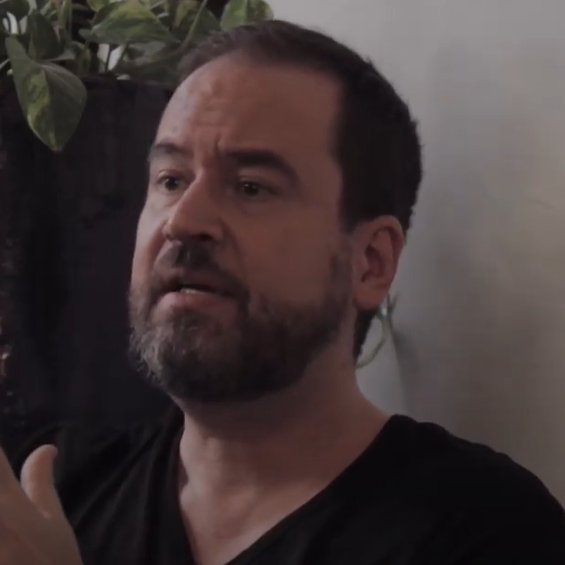
Academic Background
- Member of the Thematic Project of FAPESP: Moral, politics and law: autonomy and critical theory.
- Member of the German Philosophy Group and of the editorial board of German Philosophy Journal, both from USP.
- Is one of the editors of the Editorial Seal “Esfera Pública”. Is founding partner of the “Gérard Lebrun” Regional Section of the Brazilian Kant Society.
- 2007 PhD in Philosophy at the University of São Paulo
Supervisor: Prof. Ricardo Ribeiro Terra
Title: Criticism and Autonomy in Kant: the Legislative Form between Determination and Reflection - 2002 Master’s Degree in Philosophy at the University of São Paulo
Supervisor: Prof. Ricardo Ribeiro Terra
Title: From Idea to Judgment: the Problem of the Purpose in the Relation Between Reason and Nature in Kant - 1998 Bachelor’s Degree in Philosophy at the University of São Paulo
Current Research
Morality, politics and law: autonomy and critical theory [Thematic Project FAPESP/CEBRAP]
This project aims to be not only an investigation on the tradition of Critical Theory and its problems, but also an investigation from the developments of this intellectual strand. The guiding thread chosen is the concept of autonomy, a notion whose critical examination allows us not only to articulate the different domains of Morality, Politics and Law at the present time, but also to operate with different critical proposals in applied investigations. The project in a general characterization consists of the following moments: (1) position of the concept of autonomy in the philosophical tradition and in social theory; (2) position of the notion of autonomy in different conceptions of social theory and in different models of Critical Theory of the present; (3) investigations applied in the fields of Law, Politics and Morals, based on a critical scrutiny of the notion of autonomy.
| Pesquisador | Título da pesquisa | Categoria |
|---|---|---|
| Eliakim Ferreira Oliveira | From the theoretical to the aesthetic: imagination and schematism in Kant’s philosophy | Master's degree |
| EDILENE ALVES BEZERRA | The ambivalence of criticism in Foucault: a study on the trajectory of forms of thought experience | Doctorate Degree |
| PEDRO SOL MENDES MEIRA SANTOS | The Completness of Kant's Table of Judgments | Master's degree |
| ROBSON CARVALHO DOS SANTOS | THE MEANINGS OF THE CONCEPTS OF EXPOSITION AND DEDUCTION WITHIN THE "DOCTRINE OF ELEMENTS" OF THE CRITIQUE OF PURE REASON | Doctorate Degree |
| CASSY JONES FELIPE CARDOSO DA SILVA | The New Birth of Metaphysics: A Philosophical Archaeology | Doctorate Degree |
| GUSTAVO GOMES BARBOSA | THE POLITICS OF REASON: A STUDY ON THE POLITICAL DIMENSION OF THE CRITIQUE OF PURE REASON | Master's degree |
| ANDRÉ RODRIGUES FERREIRA PEREZ | Wolff, Kant and the conditions of transcendentalization of Logic | Doctorate Degree |
Valter Alnis Bezerra
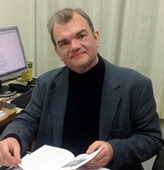
Academic Background
- 2013 Assistant Professor in Philosophy at the University of São Paulo
- 2005 Postdoctoral Resarch at the University of São Paulo.
- 1999 PhD in Philosophy, University of São Paulo.
Title: Structures in Search of Equilibrium: The Place of the Meta-methodology and the Role of Coherence in the Reticulated Model of Scientific Rationality.
Supervisor: Prof. Caetano Ernesto Plastino. - 1994 Master’s Degree in Philosophy, University of São Paulo.
Title: Problems and their problems: The structure and dynamics of science seen under the problem solving approach.
Supervisor: Prof. Pablo Rubén Mariconda. - 1989 Bachelor’s Degree at the University of São Paulo.
Current Research
1 – Neurath or the cohesion of the cloud: The singular epistemology of an iconoclastic positivist and its unfolding
The present research project aims to investigate the extremely original epistemology of Otto Neurath (1882-1945) ─philosopher of science, sociologist, economist and, finally, graphic designer─ and its unfolding. This logical positivist since the beginning ─a member of the Vienna Circle, signatory of the manifesto “The scientific conception of the world” (together with Hahn and Carnap), a fierce opponent of metaphysics (which he always considered as meaningless), protagonist of the debate with Schlick on the constitution of the empirical basis, defender of the notion of “unified science”─ was at the same time a proponent of some extremely original theses that deviate greatly from the interpretative clichés usually associated with logical positivism. Neurath’s thinking has been rediscovered and re-evaluated in recent years, as is well documented by the publication of numerous volumes dedicated to it, which is part of a general reappraisal of Logical Empiricism as a whole. Neurathian epistemology is at once empiricist, physicalist, coherentist, holistic, naturalized, and has a sociological and historical dimension. The resulting science image incorporates traits such as: methodological pluralism; the reorientation towards a non-strictly deductive view of science; and the constitution of the “empirical base” of science (linked to a certain view of the relation theory-experience) in such a way as to enable a peculiar form of interdisciplinarity that would be “unified science.” In many of these respects, Neurath’s thinking emerges as one of the most innovative and creative within the framework of twentieth-century philosophy of science ─still more against the background provided by the reception of the general program of logical empiricism. Undeniably, his epistemology and his philosophy of science point in the direction of an image of science which is very rich, flexible, nuanced, and attentive to the vicissitudes of praxis. In addition to the author’s reading from an internal perspective, it is also envisaged the possibility of reading Neurath by establishing a dialogue with certain lines and strands of epistemology that would flourish decades later, in particular with Donald Davidson’s epistemology ─his conceptions of knowledge , truth, coherence, belief, interpretation and intersubjectivity─ and also with the structuralist metatheory of Balzer, Moulines and Sneed.
2 - Structuralist metatheory, philosophy of science and metaphilosophy
Investigation of structuralist metatheory (MTE), theoretically, metaphilosophically, and through case studies. The more general questions that provide a background to the project are: what roles can MTE perform fruitfully in philosophy in general? What convergences can be explored and seem more promising with other conceptions about the structure and dynamics of knowledge? Aspects of special interest to the project include: (a) The relationship between theory and experiment, conceived in terms of data models, empirical substructures, partial models and classes of intended applications. (b) The notions of theoretical network and theoretical holon in MTE as tools for the mapping of the structure of scientific knowledge in large scale. (c) The role of inter-theoretical ties in a rigorous characterization of the phenomenon of interdisciplinarity within theoretical holons. (d) Study of the philosophical role that can be played by values, themata and styles of thought within MTE, as elements endowed with causal efficacy, dynamic dimension and explanatory power. (e) Use of MTE in the meta-level as a tool for mapping the philosophical models of rationality. (f) Metaphilosophical contextualization and perspective placement of the MTE in relation to the broad contemporary panorama of views on philosophical knowledge, philosophical images of science, and recent interpretative tools. Here, studies are carried out in order to familiarize ourselves with several models of structure and dynamics of knowledge and different conceptions about the historiography of science and the relation between history and philosophy of science.
3 - Mechanism, de-mechanization and science in the passage from the nineteenth century to the twentieth century
We are dealing here with four philosophical-historiographic models ─the conception of images of nature and images of science by P. Abrantes, the thematic model of G. Holton, the conceptions of scientific style of I. Hacking, L. Fleck and O. Bueno, and the structuralist metatheory of Balzer, Moulines and Sneed─ with the aim of performing interpretative case studies on episodes in the history of physics (and, more generally, the history of science) in the late nineteenth and early twentieth centuries. Special attention is given to the following dimensions: (a) Characterization of the multiple variants and mutations of mechanicism, with its varied scopes and unfoldings, which predominated in physics and other areas of knowledge for almost three centuries. Of particular interest is the investigation of the tension (and even inconsistency) between late hybrid formulations of mechanicism and the original program. (b) Study of the transition from mechanism to the age of de-mechanized physics, where central roles are played by classical field theory, relativity (restricted and general) theories, statistical mechanics and, in general, a renewed impetus in the program of geometrization of physics. Important debates of the time on atomism and the use of models in science take place against this background. (c) Investigation of the transformations undergone by classical mechanics and field theory up to the twentieth century, whether in regard to their formal structure, their interpretation, their cognitive and methodological status, or the role they occupy within the edifice of scientific knowledge of late modernity.
| Pesquisador | Título da pesquisa | Categoria |
|---|---|---|
| THIAGO ASTUN CIRINO | BETWEEN DESCARTES AND NEWTON: THE PRINCIPLE OF CAUSALITY IN THE GENESIS OF CLASSICAL PHYSICS | Master's degree |
| KELI DE ASSUMPÇÃO | LEVELS OF INTERPRETATION IN VISUAL PERCEPTION AND THE “SEEING AS” | Master's degree |
| JOSIEL DOS SANTOS CAMARGO | Scientific Representation: the axiology of science between realisms and anti-realisms | Doctorate Degree |
| JOÃO VITOR FERRARI RABELO | Scientific structuralism and trivialization | Doctorate Degree |
| LEONARDO VENTURA DA SILVA | What distinguishes knowledge from mere true belief? An answer from Alvin Plantinga. | Master's degree |
Tessa Moura Lacerda
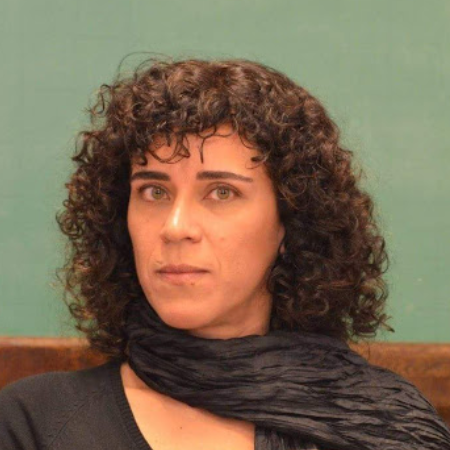
Academic Background
- 2008 Assistant Professor in Philosophy at the University of São Paulo
- 2006-2008 Postdoctoral Research at the University of São Paulo
- 2006 PhD in Philosophy at the University of São Paulo
Supervisor: Prof. Franklin Leopoldo e Silva
Title: Expression in Leibniz - 2001 Master’s Degree in Philosophy at the University of São Paulo
Supervisor: Prof. Franklin Leopoldo e Silva
Title: Theory and Practice in Leibniz: The Politics of Metaphysics - 1997 Bachelor’s Degree in Philosophy at the University of São Paulo
Current Research
Expression: Leibniz’s Philosophy as a System
Description: Productivity grant - PQ2.
Rupture and Continuity: Investigations on the Relation Between Nature and History from its Formulation by the Great Rationalism of the 16th Century
Thematic Project financed by FAPESP which includes researchers from USP, UNESP, UNIFESP, PUC-SP, PUC-Campinas, among other universities in São Paulo.
Leibniz’s expressive philosophy
Expression is one of the most important notions of Leibniz’s philosophy. The philosopher approaches it directly in some texts, but rather than an object of analysis, the notion of expression organizes and makes converge reflections on leibnizian theology, ontology and epistemology.
The comprehensiveness of the theory of expression as a principle of explanation, which allows one to think of it through a theological bias, an ontological bias and an epistemological bias, also allows an expansion of perspectives. It is possible to think morality from theology and ontology, the conciliation of the churches from the design of a universal characteristic, language and the question of signs from epistemology. These “secondary” themes can be organized in two major issues: the “moral issue” (which involves law and religion) and the question of language.
The research aims to present the philosophy of Leibniz from his theory of expression, showing how fundamental and secondary themes can be organized from this perspective.
Edélcio Gonçalves de Souza
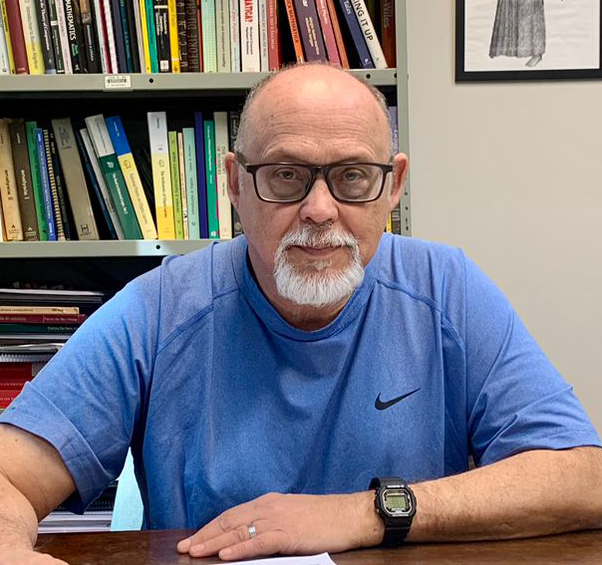
Academic Background
- 2013 Assistant Professor in Philosophy at the University of São Paulo.
- 1997 Postdoctoral Research at the Stanford University, Stanford, USA
- 1995 PhD in Philosophy at the University of São Paulo.
- Title: The Problem of Destouches and Heterodox Logics: Essay on the Use of Non-Classical Logics in the Foundations of Physics
- Supervisor: Prof. Newton Carneiro Affonso da Costa.
- 1992 Master’s Degree in Philosophy at the University of São Paulo
- Title: Structure and logic of physical theories
- Supervisor: Prof. Newton Carneiro Affonso da Costa
- 1989 Bachelor’s Degree in Philosophy at the University of São Paulo
Current Research
Topics in abstract logic
Study on consequence structures of type (X, Cn) where X is a set and Cn is an operator on the parts of X called the consequence operator. Development of a geometric version for consequence operators with the notion of groups acting on sets. Study of the category of consequence structures and certain functors that can be defined in the same.
Model theory for infinitary languages
Studies on definability in first-order relational structures based on infinitary languages. Generalization of some theorems from specific branches of mathematics to the general case of model theory (Generalized Galois Theory). Development on the relationship between categoricity, homogeneity and the notion of strong isomorphism between substructures of a given structure.
| Pesquisador | Título da pesquisa | Categoria |
|---|---|---|
| LUIZA SILVA PORTO RAMOS | A new conception of abstract logic as a basis for definability theory | Doctorate Degree |
| DOUGLAS ALEXANDRE RODRIGUES | A Reinterpretation of the Notion of Quasi-Truth in Three-valued Logics | Doctorate Degree |
| FELIPE PEINADO DOS SANTOS | Between undefinability and incompleteness: a comparative reading of Tarski's and Gödel's theorems | Master's degree |
| EUCLIDES TORRES OMETTO STOLF | Category, Fixed point and information | Doctorate Degree |
| RODOLFO CUNHA CARNIER | Empirical Adequacy as Quasi-Truth: A Model-Theoretic Approach | Direct Doctorate |
| PEDRO NAVARRO ARTONI | Gödel's disjunction and the inevitability of the anti-materialist thesis | Master's degree |
| CHRISTIAN MARCEL DE AMORIM PERRET GENTIL DIT MAILLARD | On the concept of Proto topos | Doctorate Degree |
| MARCELO LEOPOLDO E SILVA DE CARVALHO FILHO | THE CURRY-HOWARD ISOMORPHISM | Master's degree |
Carlos Eduardo de Oliveira

Academic Background
- 2014 Assistant Professor in Philosophy at the University of São Paulo
- 2006 PhD in Philosophy at the University of São Paulo
Supervisor: Prof. José Carlos Estêvão
Title: Reality and Its Signs: The Propositions on Contingent Future and Divine Predestination in the Logic of William of Ockham - 2001 Master’s Degree in Philosophy at the University of São Paulo
Supervisor: Prof. José Carlos Estêvão
Title: Intuition and Truth in William of Ockham. On the Evident News in the First Question of the Prologue of the ‘Ordinatio’ - 1996 Bachelor’s Degree in Philosophy at the Associated Faculties of Ipiranga, São Paulo, Brazil
Current Research
Foundations of Direct Intellection of the Singular
Developed mainly between the thirteenth and fourteenth centuries, the discussions about the direct intellection of the singular put in question the basic theses of medieval Aristotelianism, mainly regarding the mediations between the theory of the intellection and the metaphysics. It is a nuclear issue that involves a broad range of interests, extending from medieval logic to medieval politics.
| Pesquisador | Título da pesquisa | Categoria |
|---|---|---|
| TIAGO GRANDE | FROM BEING AS FIRST CONCEIVED TO THE SUBJECT OF METAPHYSICS ACCORDING TO THOMAS AQUINAS | Doctorate Degree |
| PATRICK LUIZ BARRETO SOARES | On the man and the demon: Aquinas and the theory of the will. | Doctorate Degree |
| MARIA ISABEL GONÇALVES DE SOUZA NOGUEIRA DA SILVA | THE HUMAN INDIVIDUAL AND THE NATURAL TENDENCY TOWARDS HAPPINESS IN THOMAS AQUINAS | Doctorate Degree |
| LUIZ FERNANDO PEREIRA DE AGUIAR | The Status of the Universal in Siger of Brabant | Doctorate Degree |
Caetano Ernesto Plastino
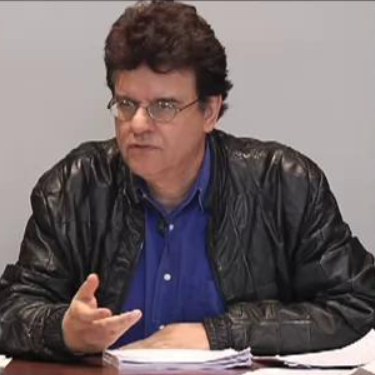
Academic Background
- 1995 Assistant Professor of Philosophy at the University of São Paulo
- 1995 PhD in Philosophy, University of São Paulo
Supervisor: Prof. Luiz Henrique Lopes dos Santos
Title: Realism and Anti-Realism about Science: Philosophical Considerations on the Cognitive Value of Science - 1982 Master’s Degree in Philosophy at the State University of Campinas
Supervisor: Prof. Zeljko Loparic
Title: Induction and Credibility: A Probabilistic-Personalist Study on Learning from Experience - 1986/1987 Specialization in Philosophy, University of Pittsburgh, USA
- 1979 Bachelor’s Degree in Philosophy at the University of São Paulo
- 1977 Bachelor’s Degree in Physics at the University of São Paulo
Research Area
Epistemology and Philosophy of the Natural Sciences in the Analytical Tradition
Current Research
─Analysis of realist and antirealist conceptions of science,
─Application of game theory to epistemological questions,
─Examination of the social dimension of scientific rationality.
| Pesquisador | Título da pesquisa | Categoria |
|---|---|---|
| MIGUEL ÂNGELO FLACH | Inductive-critically informed normativity: towards a Lakatosian theory of progress | Doctorate Degree |
| ROGERIO FEERNANDES MARTINS | THE DYNAMICS OF RADICALIZATION: COLLECTIVE INTENTIONALITY AND GROUP POLARIZATION IN THE CONTEXT OF SOCIAL EPISTEMOLOGY | Doctorate Degree |


